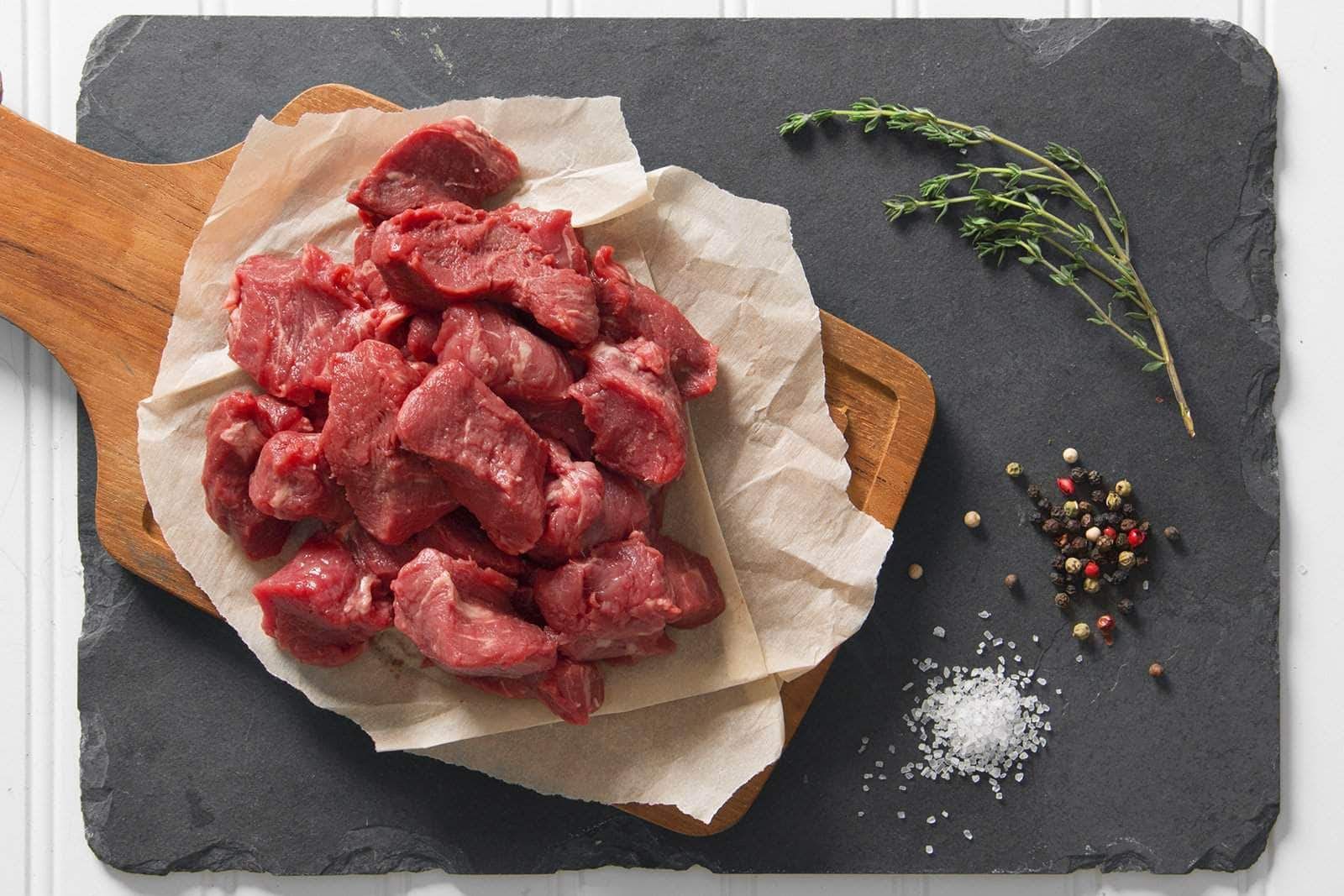In recent years, there has been a growing emphasis on organic products, especially when it comes to meat. Among the various organic options available, organic beef stands out for its unique qualities and benefits.
But what exactly makes organic beef different from conventional options? In this comprehensive guide, we’ll delve into the world of best organic beef Melbourne, exploring its characteristics, production methods, benefits, and why it’s worth considering for your next meal.
What is Organic Beef?
Organic beef refers to meat that comes from cattle raised following strict organic standards. These standards dictate everything from the animal’s diet and living conditions to the use of medications and hormones.
Unlike conventional beef, which may be produced using synthetic chemicals and antibiotics, organic beef is raised in a more natural and environmentally friendly manner.
The Production Process
One of the key distinctions of organic beef is the way it’s produced. Organic cattle are raised on organic pastures, where they have access to open spaces and a diet consisting of organic feed. This feed is free from synthetic pesticides, herbicides, and genetically modified organisms.
Additionally, organic cattle are not treated with antibiotics or growth hormones, which are commonly used in conventional beef production.
Certification and Standards
To ensure the integrity of organic beef, it must meet strict certification standards set forth by regulatory agencies.
These standards cover every aspect of production, including animal welfare, feed quality, and environmental sustainability. Farms and ranches that produce organic beef Melbourne must undergo regular inspections to maintain their organic certification.

Benefits of Choosing Organic Beef
Opting for organic beef offers a range of benefits, both for consumers and the environment:
- Healthier Option: Organic beef is free from synthetic chemicals and antibiotics, making it a healthier choice for consumers. It contains higher levels of beneficial nutrients such as omega-3 fatty acids and antioxidants.
- Animal Welfare: Organic standards prioritize the well-being of animals, ensuring they are raised in humane conditions with access to outdoor space and a natural diet.
- Environmental Sustainability: Organic farming practices promote soil health, biodiversity, and conservation of natural resources. By choosing organic beef, consumers support sustainable agriculture and reduce their carbon footprint.
- Taste and Quality: Many people find that organic beef has a richer flavor and better texture compared to conventional options. This is attributed to factors such as the animal’s diet and the absence of synthetic additives.
Incorporating Organic Beef into Your Diet
There are countless ways to enjoy organic beef in your meals. Whether you prefer grilling steaks, simmering stews, or crafting burgers, organic beef can elevate your culinary creations.
Consider visiting local farmers’ markets or organic grocery stores to explore a variety of cuts and products. By supporting local producers, you can enjoy fresh, high-quality organic beef while contributing to your community’s economy.
Conclusion
Organic beef offers a sustainable, healthy, and flavorful alternative to conventional beef. From its production methods to its nutritional benefits, organic beef Melbourne stands out as a superior choice for consumers who prioritize quality and sustainability.
By understanding what sets organic beef apart and how to identify it, you can make informed choices that support your health, the welfare of animals, and the environment. So, the next time you’re craving a juicy steak or hearty beef dish, consider reaching for organic beef and savoring the difference.

